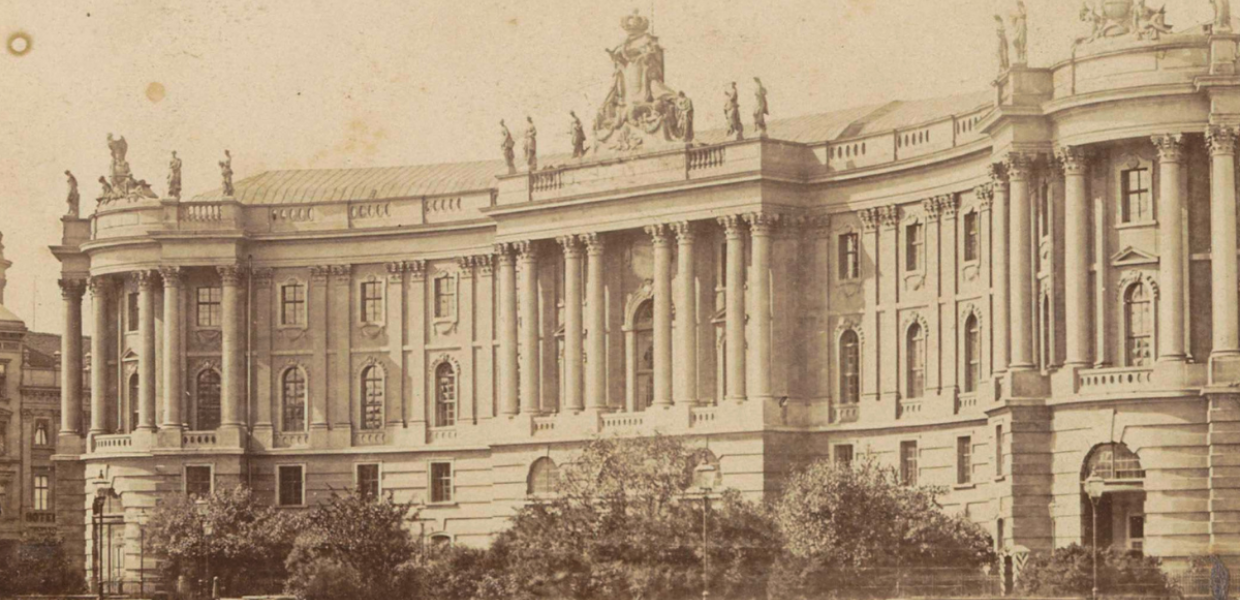Europeana’s digital conference ‘The role of copyright in the digital transformation of the cultural heritage sector’ explored the copyright challenges that arise as the cultural heritage sector embraces its digital transformation, the legislative solutions that are currently underway and the sector’s need for capacity building in this area. As a result of the digital conference, this report proposes possible steps forward, both for the Europeana Initiative and for Member States, in order to support the sector, namely:
- Recommendations for the Europeana Initiative:
- Cooperate with the EUIPO and relevant stakeholders on Out of commerce works (OOCWs) for the success of the development of the portal and the availability and suitability of licenses for cultural heritage institutions (CHIs).
- Monitor the 20th century blackhole to evaluate whether the Copyright in the Digital Single Market Directive (CDSM) Directive contributes to an increase of available digital cultural heritage from that period.
- Create copyright training opportunities and support other copyright training.
- Monitor copyright support provided by Member States.
- Recommendations for Member States:
- Reiterate the importance of having a functional and interoperable portal for OOCWs.
- Build copyright capacity in the cultural heritage sector to increase the knowledge and confidence when dealing with digital cultural heritage.
- Encourage the use of standardised copyright tools to support the reuse of digital cultural heritage and the digital transformation of CHIs.
- Adopt clear, simple and broad provisions transposing the CDSM Directive to ensure their effectiveness, in consultation with stakeholders.
- Ensure that there is funding available for CHIs to, among other things, conclude licenses for OOCWs.
- Facilitate steady conversations, beyond the CDSM Directive, between all relevant stakeholders in copyright conversations.
The Europeana Conference was organised in collaboration with the Deutsche Nationalbibliothek and under the auspices of the German Presidency of the Council. It was part of the cultural programme for the German Presidency, thanks to the German Ministry of State for Culture and the Media.
Download and read the full report below.



